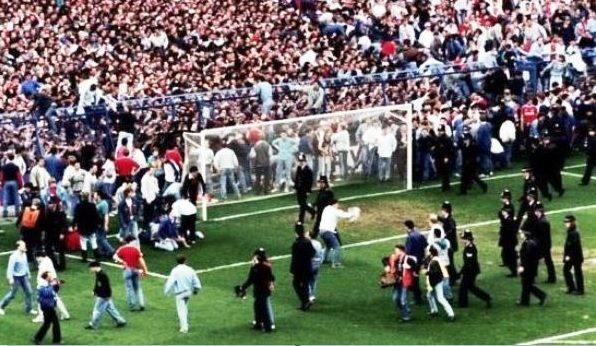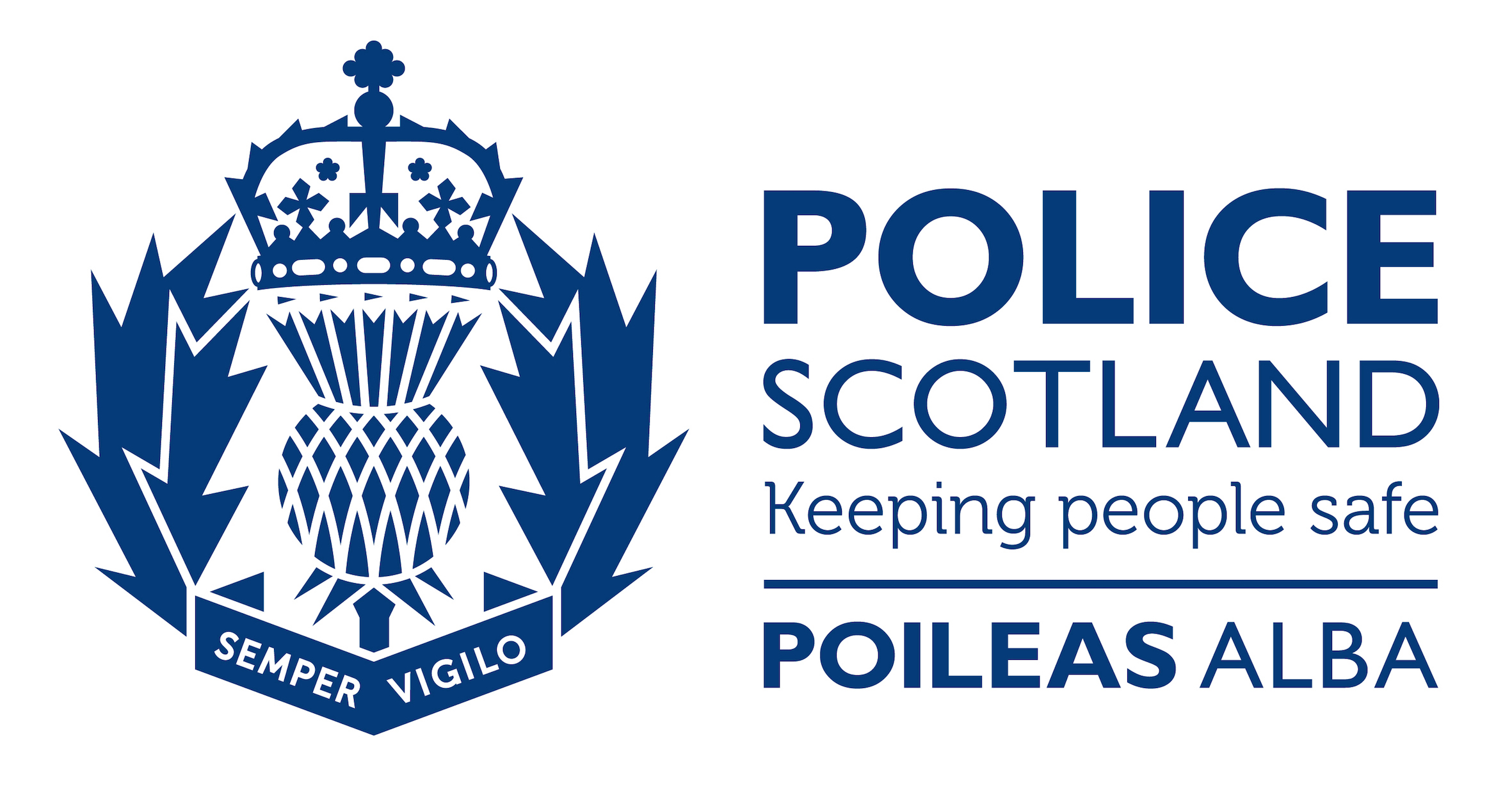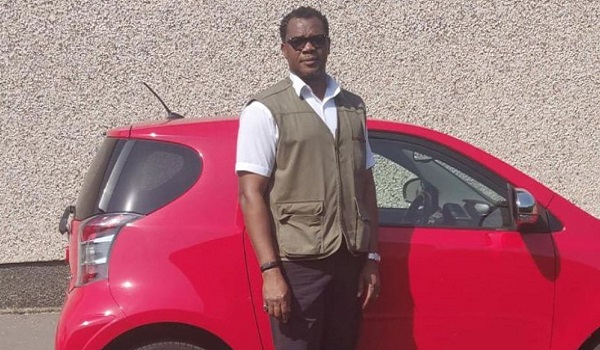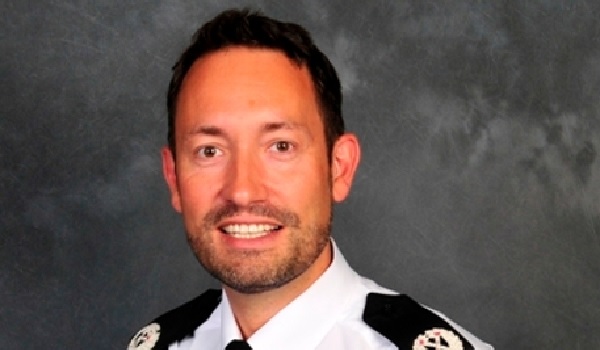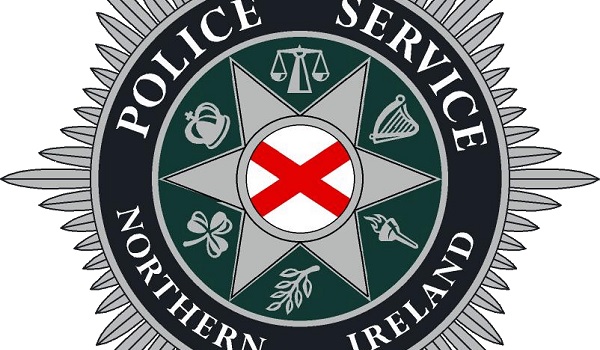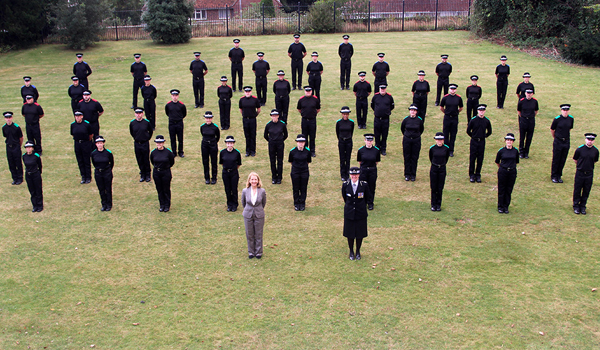Hillsborough match commander acquitted of gross negligence manslaughter
Former Chief Superintendent David Duckenfield has been cleared of the gross negligence manslaughter of 95 Liverpool fans who died at the 1989 FA Cup semi-final after a trial that lasted nearly seven weeks.
The prosecution in the Hillsborough stadium disaster case alleged that Mr Duckenfield, 75, had a “personal responsibility” for what happened at the match between Liverpool and Nottingham Forest on April 15, 1989, when 96 men, women and children lost their lives.
Under the law at the time, he was not charged over the death of the 96th victim Tony Bland, because he died more than a year and a day after the disaster.
Mr Duckenfield originally stood trial earlier this year but the jury was discharged after failing to reach a verdict and a retrial was ordered.
During the case the court heard that, eight minutes before the 3pm kick-off, the former South Yorkshire Police officer had ordered the stadium exit gates to be opened to relieve congestion outside turnstiles allocated to Liverpool supporters.
Many of those who then entered through Gate C went down a tunnel to the central pens of the Leppings Lane terraces, where a fatal crush developed.
His acquittal followed a dramatic retrial in which 22 witnesses, including the parents of four teenagers killed in the disaster, gave evidence before the jury.
Closing the prosecution case, Richard Matthews QC told jurors that, as match commander, Mr Duckenfield had breached his “personal responsibility” to the victims through a series of “truly terrible” failings on and before the day of the match.
He argued the former officer had not adequately prepared for the role and had failed to address growing congestion at the Leppings Lane turnstiles before the situation became dangerous.
Mr Duckenfield did not give evidence in the trial as the court heard he was suffering from post-traumatic stress disorder.
Judge Sir Peter Openshaw also told jurors the condition could explain Mr Duckenfield’s lack of reaction as he sat in the well of the court throughout the trial. He said: “He has a resilient, passive and expressionless external presentation which gives no indication of his state of mind so don’t draw an adverse inference against him.”
The court was played audio evidence Mr Duckenfield provided to inquests in 2015 during which he accepted he should have taken steps to close the tunnel to the central pens after ordering the opening of the exit gate.
Benjamin Myers QC, defending Mr Duckenfield, told the jury he had been a “target of blame” for the disaster.
He said: “We say David Duckenfield did do what he was expected to do as match commander. He didn’t breach his duty, he did what he was expected to do in difficult circumstances.”
Former Sheffield Wednesday club secretary Graham Mackrell, 69, stood trial alongside Mr Duckenfield in January and was found guilty of a health and safety offence for failing to ensure there were enough turnstiles to prevent unduly large crowds building up outside the ground. He was fined £6,500 and ordered to pay £5,000.
News of Mr Duckenfield’s acquittal was met with despair by the relatives of those who died as it means no one will be held criminally responsible for the events that took place that day.
Margaret Aspinall, the chair of the Hillsborough Family Support Group, said: “How can an inquest rule that 96 people were unlawfully killed at Hillsborough yet no-one in authority is accountable for those deaths. If David Duckenfield’s not responsible, who killed my son?”
Sue Hemming, Director of Legal Services at the Crown Prosecution Service (CPS), said: “We are acutely aware of how disappointing the verdict is for families who have waited anxiously for today, however we respect the decision of the jury. It is important to remember that criminal proceedings have a very different purpose to an inquest. The not guilty verdict today does not affect or alter the inquest jury’s findings of unlawful killing or their conclusion that Liverpool fans were in no way responsible for the 96 deaths that resulted.
“It was vitally important that the facts and accounts of what happened leading up to that terrible day were heard in a criminal court and the outcome determined by a jury. This was a complex and harrowing case and presenting evidence about events of 30 years ago has not been straightforward. We have remained in regular contact with families throughout the trial and, as we have done at all key stages of these investigations, we will meet with them again to answer any questions they may have.”


